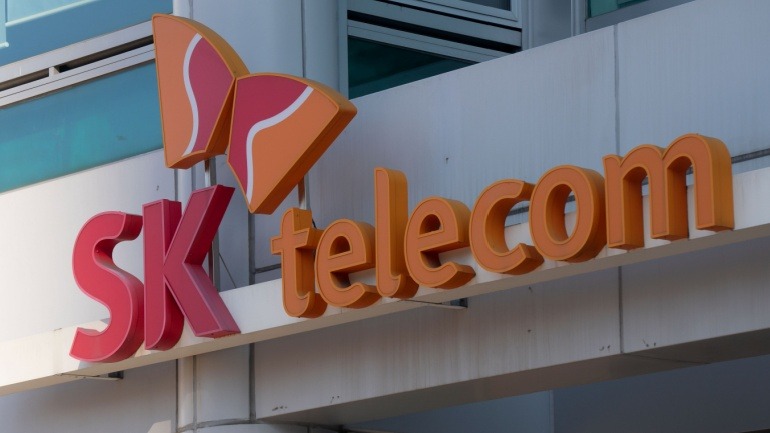Vodafone Idea’s stock plunged nearly 10% on Monday after India’s Supreme Court rejected its appeal for relief on massive dues related to adjusted gross revenue (AGR). The decision dealt a harsh blow to the struggling telecom operator, which had requested waivers on over ₹450 billion ($5.3 billion) in interest and penalties.
The court was unsparing in its criticism, expressing dismay at the plea from a multinational company and swiftly dismissing it. The rebuke came as part of a broader appeal from major telecom firms including Bharti Airtel and Tata Teleservices, who had all sought similar concessions. Airtel alone had requested relief worth ₹347 billion. However, the court emphasized it had already granted these firms a ten-year window in a 2020 ruling to settle their dues, and it showed no willingness to revisit that decision.
Vi’s financial troubles have only deepened despite previous government support, including debt-to-equity conversions that left the state holding a 49% stake. A recent letter to the Department of Telecommunications revealed that bank funding discussions have stalled, and without further government assistance, the company may not survive beyond the current fiscal year ending March 2026.
The state’s dilemma is clear: allowing Vi to collapse could eliminate any value from its large stake and reduce the mobile market to just two private players—Reliance Jio and Bharti Airtel—at a time when state-run BSNL is already falling behind.
As of the latest data, Vodafone Idea lags far behind its competitors, with just over 205 million users compared to Airtel’s 390 million and Jio’s 470 million. Even with a slow 5G rollout underway, Vi’s ability to compete remains highly doubtful. It’s caught in a precarious limbo—too fragile to fight, yet too large to fail.







